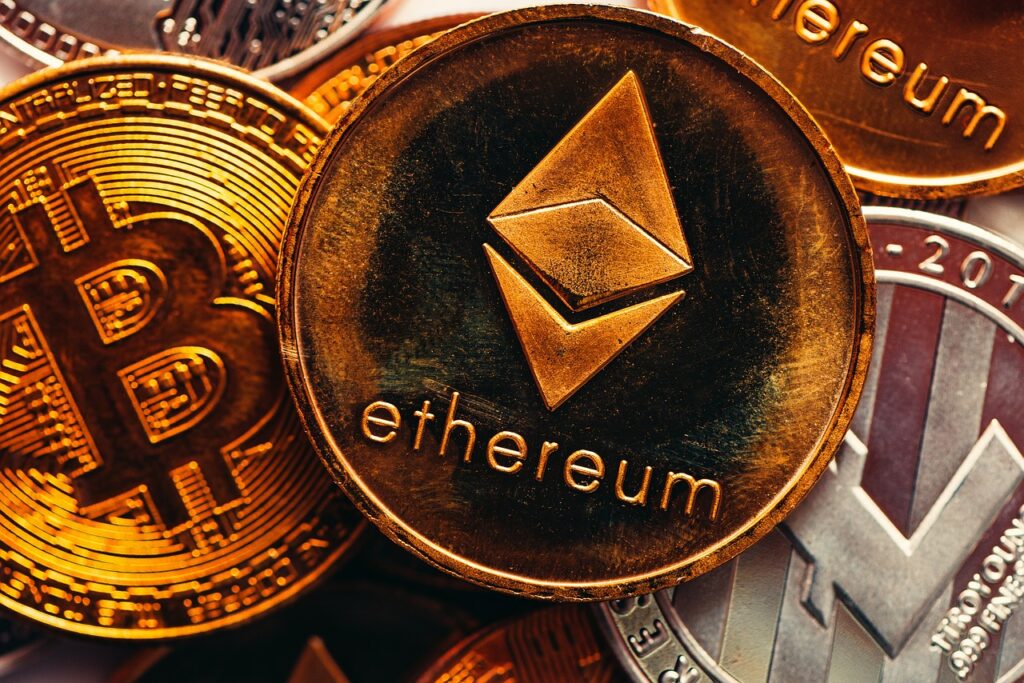After a prolonged period of uncertainty and bureaucratic delays, the U.S. Securities and Exchange Commission (SEC) has finally approved the last S-1 filings. This means that spot Ether ETFs (Exchange-Traded Funds) can be traded starting today.
This article highlights the events leading up to this approval and discusses the implications for the market and investors.
SEC Approval: A Long-Awaited Moment
The road to approval was bumpy. Although the SEC had already approved the 19b-4 forms in May, allowing exchanges to trade spot Ether ETFs, the issuers still had to complete their S-1 forms. These forms describe the workings of the product and require precise feedback and approval from the SEC.
On Monday, the good news came: the SEC gave the green light to the S-1 forms of major players like BlackRock, Fidelity, Franklin Templeton, Grayscale, and 21 Shares. As a result, these financial giants can now bring their spot Ether ETFs to the market.
Comparison with Spot Bitcoin ETFs
The approval of spot Ether ETFs follows roughly six months after the launch of spot bitcoin ETFs. The bitcoin ETFs have since shown an impressive performance and are considered the most successful ETF launch ever, measured by the speed at which capital flowed into these funds.
Analysts expect the inflow into the Ether ETFs to be somewhat more modest. While Ether is a well-known name in the crypto world, it doesn’t enjoy the same level of recognition as bitcoin. Bitcoin is often seen as ‘digital gold,’ a simple and safe gateway to the world of cryptocurrencies. Ether, on the other hand, is viewed as a platform for building decentralized applications, a concept that might be less tangible and attractive to traditional investors.
Market Implications
The introduction of spot Ether ETFs offers investors a new way to gain exposure to Ether without directly buying the cryptocurrency. This could be an important step in the further acceptance and integration of cryptocurrencies into traditional financial markets.
However, it is unlikely that Ether ETFs will see the same explosive growth as bitcoin ETFs. The complexity and the less prominent position of Ether play a role here. Nevertheless, the launch of these ETFs presents an interesting opportunity for investors looking to benefit from the growing adoption of blockchain technology.
What Does the Future Hold?
With Ether ETFs making their debut, observers are already looking at possible next steps in the evolution of crypto funds. One of the most discussed potential candidates for a future ETF launch is Solana. Solana has quickly gained popularity due to its scalability and speed, making it an attractive option for investors and developers.
Conclusion
The approval of spot Ether ETFs by the SEC marks an important milestone for the crypto market and offers investors a new opportunity to invest in Ether through a regulated and accessible financial product. While expectations for the inflow are more modest than for bitcoin ETFs, this is a positive development for the further integration of cryptocurrencies into traditional financial markets.
With the potential launch of other crypto funds on the horizon, it remains an exciting time for investors in the crypto sphere. It will be interesting to see how the market reacts to these new products and what innovations the future will bring.



